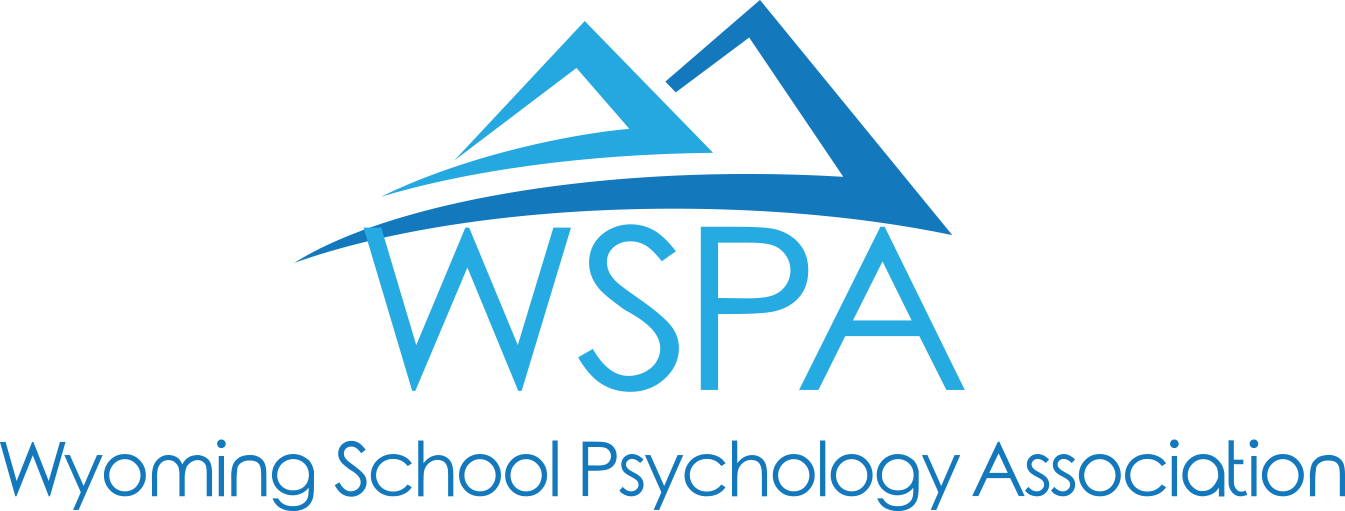***Post written by Annastashia Teepe, Southeast Representative for WSPA***
As we slowly transition away from School Psychology Awareness Week and make the push toward winter break, I thought it time to consider the practice of self-care and the ethical implications of burnout. According to an issue of the Communiqué, self-care can be considered an ethical requirement for school psychologist (Lopez, 2017). The NASP professional ethics guidelines indicate that school psychologists are to refrain from activities that result in personal problems interfering with professional effectiveness and we are ethically mandated to seek assistance when such activities arise (Lopez, 2017). Burnout can be defined as “emotional exhaustion, depersonalization and reduced personal accomplishment that can occur among individuals who work with people in some capacity” (Maslach, 1986, p.61). The profession of school psychology places individuals at risk for this experience, yet we are ethically mandated to address such experiences by seeking help or participating in self-care practices (Lopez, 2017).
Managing stress effectively and developing effective support systems are essential as options for self-care practices for school psychologists. NASP recommends the following six strategies for managing stress: 1) balancing stress to remain motivated while maintaining performance, 2) select 1-2 key interests and learn to say no to other initiatives, 3) set hours and stick to them, 4) make time for home life, 5) designate a personal office space, 6) stay healthy by sticking to an exercise routine and moving at least every 30 minutes during your school day (Bjorkman, 2017). In addition, establishing support systems that support collaboration are effective strategies for self-care within the school. Delineating personal friendships and professional acquaintances are important boundaries to establish (Bjorkman, 2017). Identifying colleagues or family members who are sources of emotional support who can provide an ear to hear your needed venting session may fall to someone outside one’s circle of professional acquaintances. It is important for us to consider who we can rely upon, when we need to vent and when we need to step away from our professional duties to have time with family or friends. As we prepare for winter break and potential needed time away, let us consider our need for self-care and use our time wisely to rest and restore.
References
Bjorkman, S. (2010). Developing
support systems and managing stress. National Association of School
Psychologists. Bethesda, MD: NASP.
Lopez, P. (2017). Self-care: The missing link in best
practice- part 1. Communiqué, 45(4).
Maslach, C. (1986). Stress, burnout, and alcoholism. In R.R.
Kilburg, P.E. Nathan, & R.W. Thoreson (Eds.) Professionals in distress: Issues, Syndromes and solutions in
psychology (pp. 53-76). Washington, DC: American Psychological Association.
Recent Posts
Recent Comments
- Scott McGuire on Educators as Assessment Professionals
- TYLER HENRY on Educators as Assessment Professionals
- Sarah on SPRING 2021 VIRTUAL CONFERENCE REGISRATION IS NOW OPEN!
- Dr. Bob Bayuk on SPRING 2021 VIRTUAL CONFERENCE REGISRATION IS NOW OPEN!
- Bill McKay on Question from WSPA Member
Archives
- September 2024
- October 2023
- January 2023
- March 2022
- February 2022
- January 2022
- November 2021
- October 2021
- September 2021
- August 2021
- May 2021
- April 2021
- March 2021
- February 2021
- January 2021
- December 2020
- November 2020
- October 2020
- September 2020
- June 2020
- May 2020
- April 2020
- March 2020
- February 2020
- January 2020
- December 2019
- November 2019
- October 2019
- September 2019
- August 2019
- July 2019
- June 2019
- May 2019
- April 2019
- March 2019
- February 2019
- January 2019
- December 2018
- November 2018
- October 2018
- September 2018
- August 2018
- July 2018
- June 2018
- May 2018
- April 2018
- March 2018
- February 2018
- January 2018

Thanks for the blog. Thanks for your involvement with WSPA!